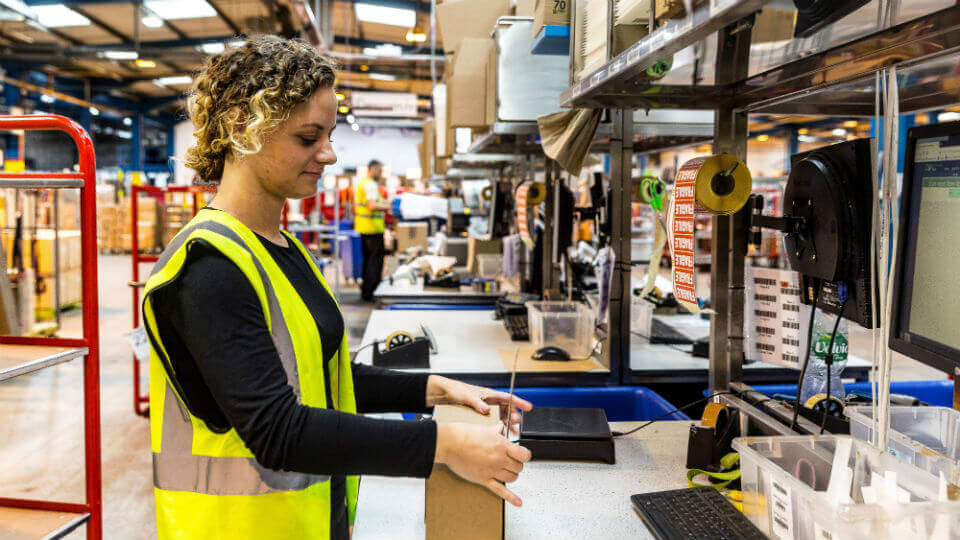
In the ever-evolving landscape of ecommerce, success hinges on efficient operations, timely deliveries, and satisfied customers. For small businesses navigating this competitive realm, Ecommerce Fulfilment emerges as a game-changer. Let’s delve into why it’s not just a necessity but a catalyst for growth, exploring its benefits for Shopify, WooCommerce, Amazon, and eBay store owners.
Why Ecommerce Fulfilment is Necessary for Small Business:
Small businesses often grapple with the complexities of inventory management, shipping logistics, and maintaining customer satisfaction. This is where Ecommerce Fulfilment steps in as the backbone of streamlined operations. By outsourcing the intricate processes of storing, packing, and shipping products, small businesses can focus on their core competencies while leaving the logistics to experts.
How Order Fulfilment Can Help Small and Medium Businesses Grow:
The growth trajectory of small and medium businesses is intrinsically linked to their ability to scale operations. Ecommerce Fulfilment provides a scalable solution that adapts to varying order volumes seamlessly. As business expands, the fulfilment partner handles the increased workload, ensuring that growth is not hindered by logistical constraints.
How Remote Fulfilment is Cost-Effective and Fast:
Contrary to popular belief, partnering with an Ecommerce Fulfilment service is not only for larger enterprises. Small businesses, in particular, can benefit from the cost-effectiveness and speed that fulfilment services offer. By leveraging the existing infrastructure of fulfilment providers, businesses can save on storage costs, shipping expenses, and, most importantly, time. The result is a nimble and efficient operation that caters to the demands of the fast-paced ecommerce landscape.
How Ecommerce Fulfilment Can Help Shopify, WooCommerce, Amazon, and eBay Sellers:
- Shopify Store Owners:
- Shopify Fulfilment seamlessly integrates with Shopify, offering a harmonious solution for order processing, inventory management, and timely deliveries. This integration enhances the overall shopping experience, fostering customer loyalty.
- WooCommerce Store Owners:
- WooCommerce users can leverage Order Fulfilment to optimize their supply chain. Automated order processing, real-time tracking, and efficient inventory management contribute to a hassle-free experience for both businesses and their customers.
- Amazon Store Owners:
- Fulfilment by Amazon (FBA) is a prime example of ecommerce fulfilment tailored for Amazon sellers. By entrusting storage and shipping to Amazon’s robust network, sellers benefit from Prime eligibility, expanded customer reach, and the credibility associated with Amazon’s logistics prowess.
- eBay Sellers:
- Ebay Order Fulfilment ensures that eBay sellers can meet the expectations of their buyers with prompt and reliable shipping. From warehousing to order processing, sellers can focus on sourcing and selling, leaving the logistics intricacies to the fulfilment partner.
In conclusion, Ecommerce Fulfilment is not merely a service; it’s a strategic investment for small businesses aiming to thrive in the ecommerce arena. It streamlines operations, accelerates growth, and positions businesses for success. As the ecommerce landscape continues to evolve, embracing the efficiency of Ecommerce Fulfilment becomes not just a choice but a cornerstone of sustainable and scalable success.






Kacey Perez
March 21, 2024Way cool! Some very valid points! I appreciate you penning this article and also the rest of the website is also very good.